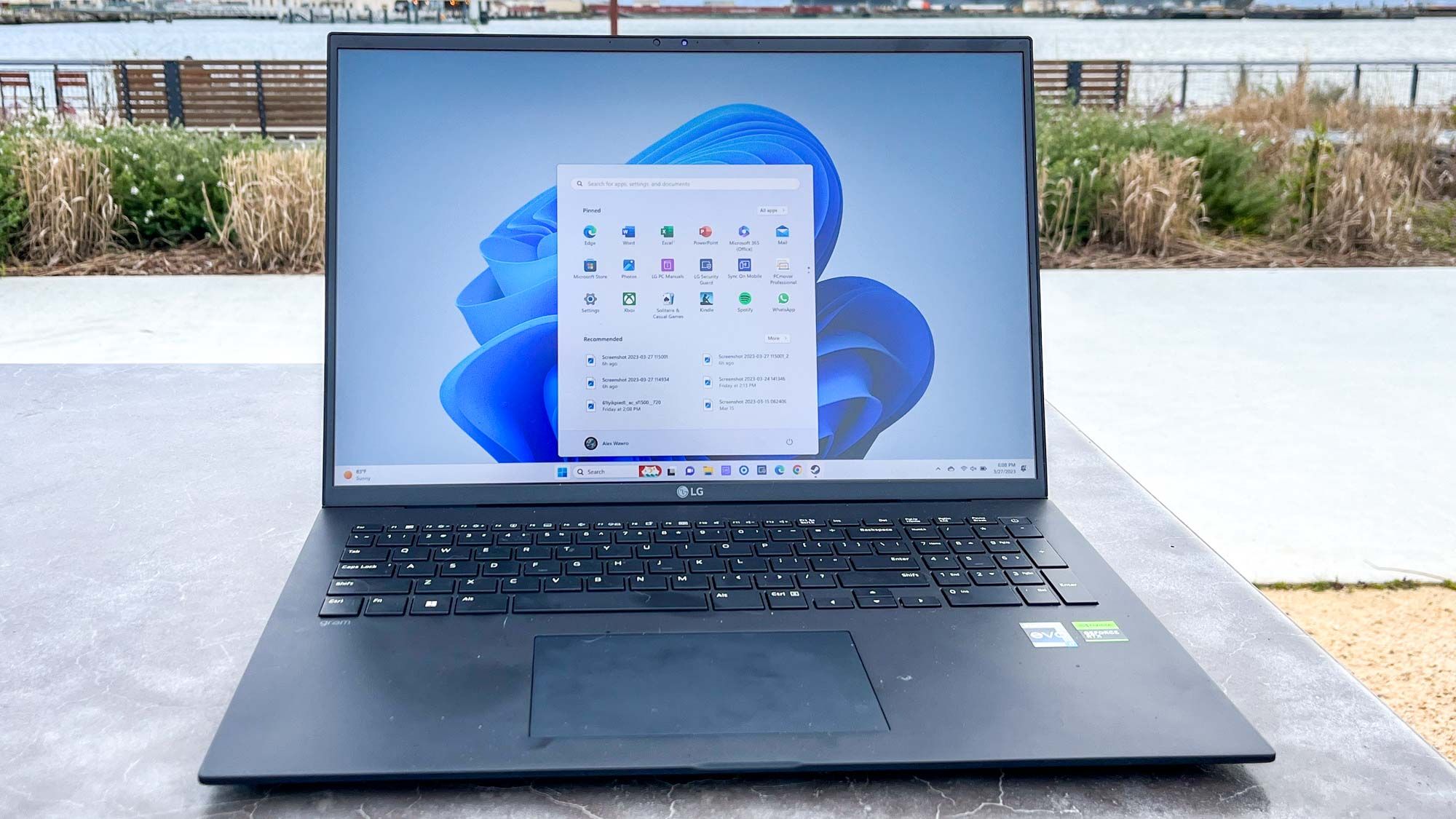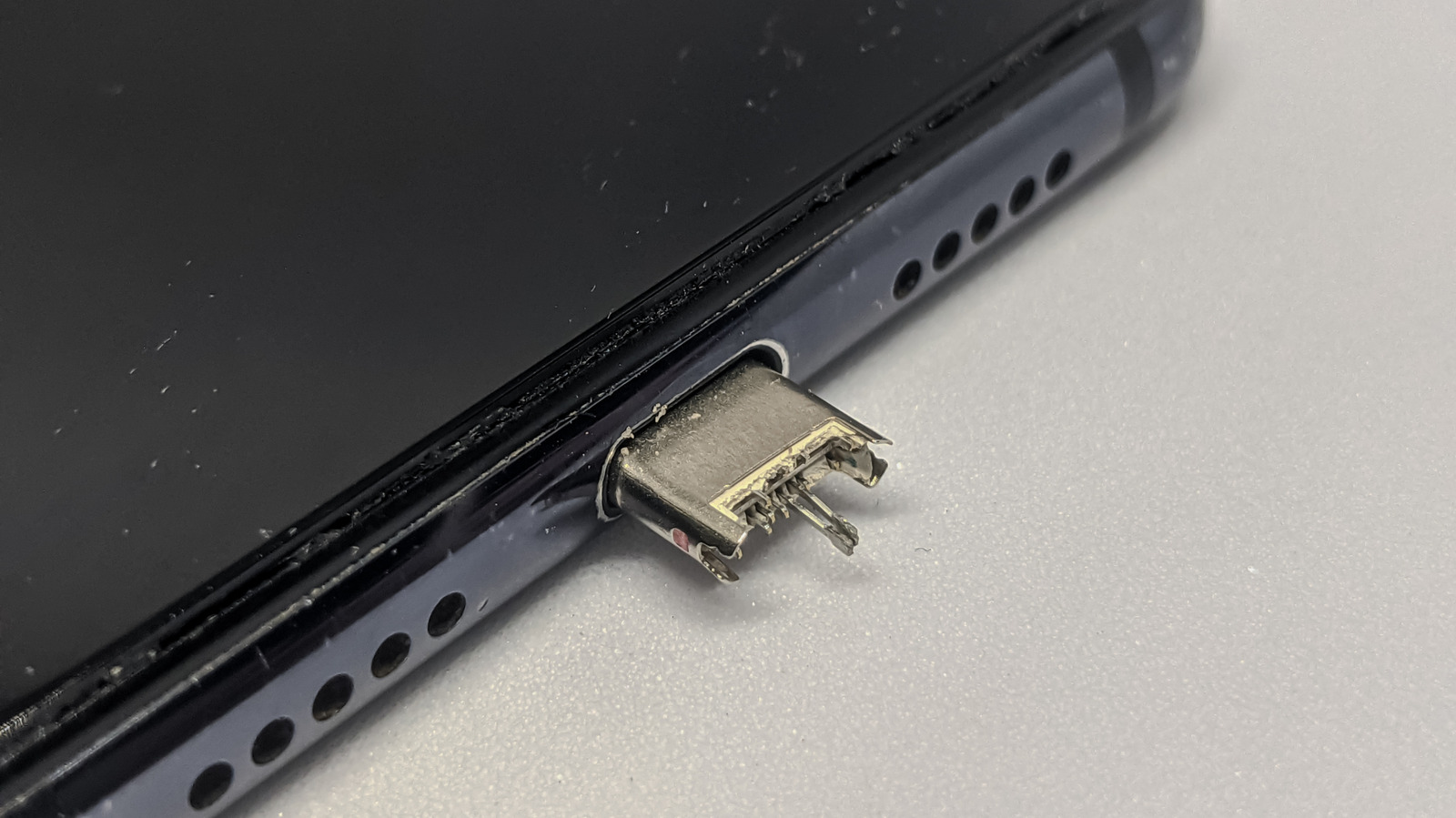Intel’s new CEO, Lip-Bu Tan, is facing scrutiny from a US senator over his ties to China.
Sen. Tom Cotton (R-Ark.) this week sent a letter to the chairman of Intel’s board, Frank Yeary, to express his concern about Tan’s past investments and links to semiconductor firms in China.
Cotton cites a Reuters report from April that found Tan had invested in over 100 Chinese tech firms, including at least eight with links to China’s military, the People’s Liberation Army. The same report also says Tan controlled over 40 Chinese companies, but he may have divested from them after joining Intel as CEO in March.
This Tweet is currently unavailable. It might be loading or has been removed.
The other issue is how Tan was previously CEO of Cadence Design Systems, a San Jose-based provider of software to design and test semiconductor chips. Last month, Cadence pleaded guilty to illegally exporting sensitive design automation technology to a Chinese military university, along with a semiconductor vendor in China called Phytium Technology.
The illegal sales occurred from 2015 to 2021 when Tan was CEO of the company. “Mr. Tan’s associations raise questions about Intel’s ability to fulfill these obligations,” Cotton wrote, noting Intel received $8 billion in federal subsidies from the US CHIPS and Science Act.
As a result, the senator has asked Intel’s chairman about whether the company’s board knew Cadence was under investigation for illegally exporting technology to China when it hired Tan as CEO. Cotton also wants to know if Tan has disclosed any other ties to Chinese companies.
“Did the Board require Mr. Tan to divest from his positions in semiconductor firms linked to the Chinese Communist Party or the People’s Liberation Army and any other concerning entities in China that could pose a conflict of interest for Intel’s CEO?” another question asks.
China and the US are racing to lead in AI and semiconductor manufacturing. In response to Cotton’s letter, Intel tells PCMag that both Tan and the company “are deeply committed to the national security of the United States and the integrity of our role in the US defense ecosystem.
Recommended by Our Editors
“We appreciate Senator Cotton’s focus on these shared priorities. We look forward to addressing these matters with the Senator,” the statement added.
In the meantime, Tan is trying to engineer a turnaround at Intel, which has struggled to command sales and customers. Instead, rivals such as AMD, Apple, and Nvidia have been tapping Taiwan’s TSMC to build cutting-edge chips for both PCs and AI development.
Intel has been betting on its 18A manufacturing process to help drive sales. But the technology has yet to secure major third-party customers. A separate report from Reuters also alleges the 18A process suffers from low yields, undermining Intel’s path to make the manufacturing process profitable and the resulting chips readily available.

AMD’s 2025 Computex Keynote Highlights: Everything Revealed in 19 Minutes

Get Our Best Stories!
Your Daily Dose of Our Top Tech News

By clicking Sign Me Up, you confirm you are 16+ and agree to our Terms of Use and Privacy Policy.
Thanks for signing up!
Your subscription has been confirmed. Keep an eye on your inbox!
About Michael Kan
Senior Reporter












